Brass cookware has been an integral part of traditional kitchens for centuries. With its beautiful golden hue and excellent heat conductivity, brass was once a favored material for making cooking utensils, including pressure cookers. However, with the rise of modern stainless steel, aluminum, and non-stick options, brass pressure cookers have become less common. This raises an important question: Are brass pressure cookers still relevant today? Let’s explore their advantages, disadvantages, and whether they are a practical choice in modern kitchens.
Table of Contents
- The Legacy of Brass Cookware
- Advantages of Brass Pressure Cookers
- Disadvantages of Brass Pressure Cookers
- Are Brass Pressure Cookers Still Relevant Today?
- Final Thoughts
MEYER Presta Tri-ply with Outer Lid Pressure Cooker 2L
The Legacy of Brass Cookware
Brass cookware has a rich history, particularly in Indian and Middle Eastern kitchens, where it was widely used for cooking rice, curries, and even boiling milk. Brass utensils were known for their ability to retain heat and distribute it evenly, making them ideal for slow-cooked meals. Many traditional households still pass down brass cookware from generation to generation due to its durability and heritage value.
Advantages of Brass Pressure Cookers
Despite the evolution of kitchen technology, brass pressure cookers still offer some unique benefits:
1. Excellent Heat Conductivity
Brass is a great conductor of heat, allowing food to cook evenly and efficiently. This ensures that meals are well-cooked without hot spots or uneven heating, which is particularly beneficial for slow-cooked dishes.
2. Durability and Longevity
Brass is a strong and sturdy material that can last for decades with proper maintenance. Unlike aluminum, which can degrade over time, or stainless steel, which may develop scratches, brass retains its structure and functionality for years.
3. Traditional and Aesthetic Appeal
Brass cookware carries a sense of nostalgia and tradition. Many people still prefer brass utensils for their visual appeal, which adds a touch of elegance to the kitchen.
4. Potential Health Benefits
In Ayurveda, brass utensils are believed to have certain health benefits. Cooking in brass is thought to enhance the nutritional value of food and improve digestion, though scientific research on this is limited.
Disadvantages of Brass Pressure Cookers
While brass pressure cookers have their advantages, they also come with significant drawbacks, which have led to their decline in popularity:
1. Reactivity with Certain Foods
Brass is a reactive metal, which means it can interact with acidic foods like tomatoes, lemons, and vinegar. This reaction can alter the taste of food and may even release harmful substances. To prevent this, brass cookware is often lined with tin (a process called kalai), but this layer wears off over time and needs to be reapplied regularly.
2. High Maintenance Requirements
Brass cookware requires frequent polishing and cleaning to maintain its shine and prevent tarnishing. Unlike stainless steel or aluminum, which are low-maintenance, brass cookers can discolor and develop a greenish patina if not cared for properly.
3. Weight and Handling
Brass pressure cookers are significantly heavier than modern stainless steel or aluminum options, making them less convenient to handle, especially for daily cooking. The added weight can be cumbersome when moving the cooker or pouring out contents.
4. Limited Availability and Modern Features
Finding a high-quality brass pressure cooker in today’s market is challenging. Most modern brands focus on stainless steel, aluminum, and hard-anodized materials, which are more compatible with induction cooktops and have advanced safety features. Brass pressure cookers often lack the latest pressure regulation mechanisms, making them less practical for contemporary kitchens.
5. Not Induction-Friendly
Most modern kitchens use induction or ceramic cooktops, which require compatible cookware. Brass pressure cookers, unless specially designed, do not work on induction cooktops, limiting their usability in modern settings.
Are Brass Pressure Cookers Still Relevant Today?
Given the pros and cons, brass pressure cookers may still be relevant for those who appreciate traditional cookware and are willing to invest time in maintenance. However, for everyday use, modern stainless steel and triply pressure cookers offer better durability, ease of use, and safety features.
When to Consider a Brass Pressure Cooker
-
If you have a gas stove and are comfortable with regular maintenance.
-
If you value tradition and aesthetics over convenience.
-
If you primarily cook non-acidic foods that won’t react with brass.
When to Choose a Modern Pressure Cooker Instead
-
If you need a low-maintenance, easy-to-use cooker.
-
If you cook a variety of foods, including acidic ingredients.
-
If you use an induction or electric cooktop.
-
If you prefer safety features like automatic pressure release and durable locking systems.
Final Thoughts
Brass pressure cookers hold a special place in culinary history, offering excellent heat conductivity, durability, and traditional charm. However, their high maintenance, reactivity with acidic foods, and lack of modern features make them less practical for today’s kitchens. While they are still relevant for those who appreciate vintage cookware, stainless steel and triply pressure cookers are better suited for modern cooking needs.
Ultimately, the choice depends on personal preference. If you love the aesthetic and don’t mind the upkeep, a brass pressure cooker can be a valuable addition to your kitchen. But if convenience, safety, and efficiency are your top priorities, modern alternatives are the way to go.


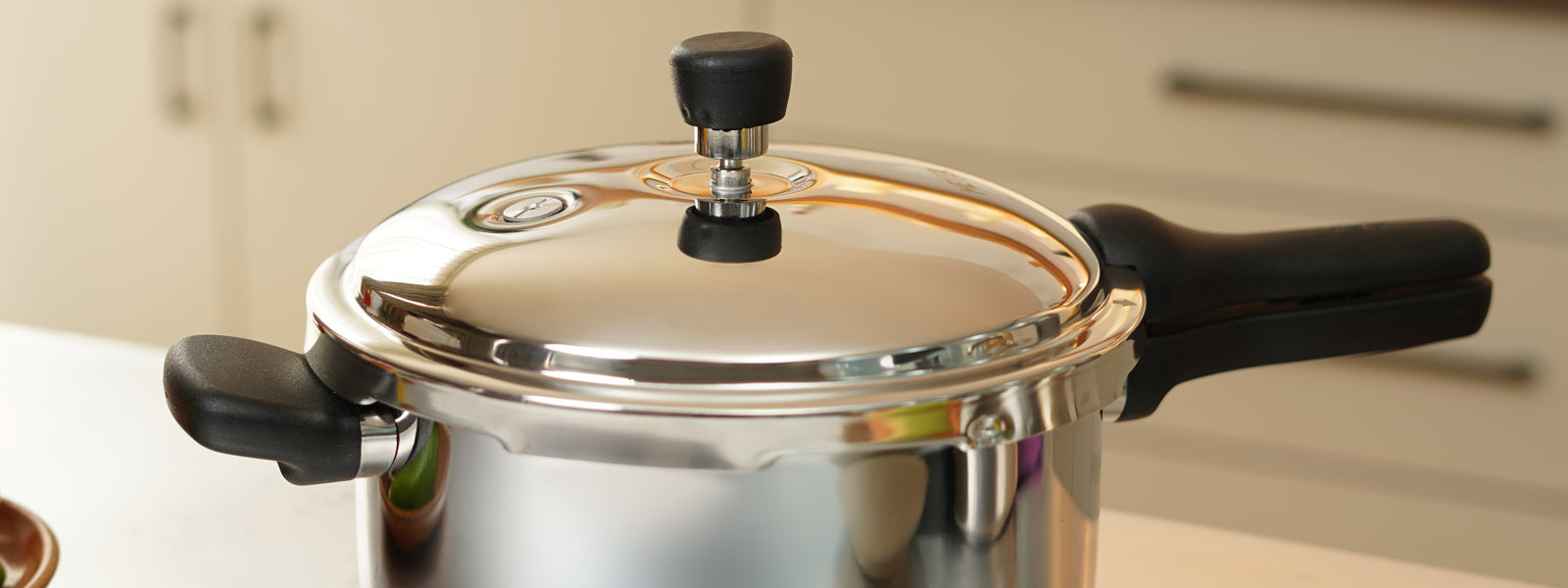
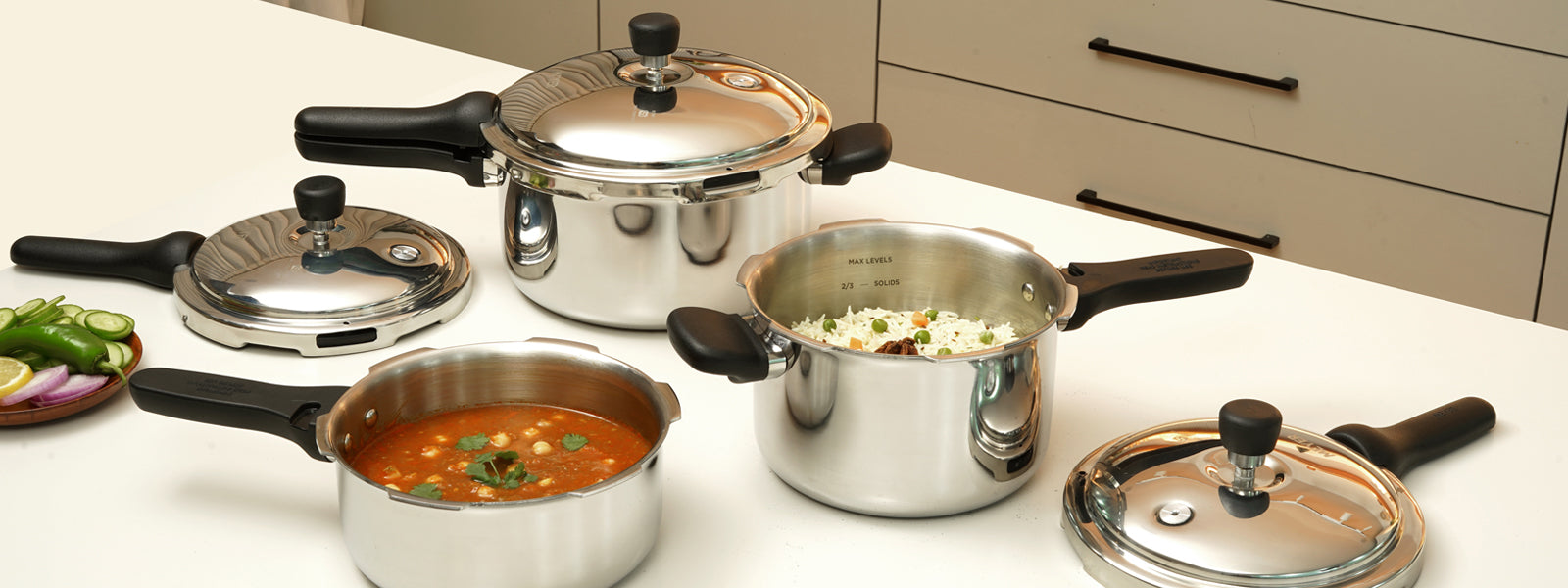
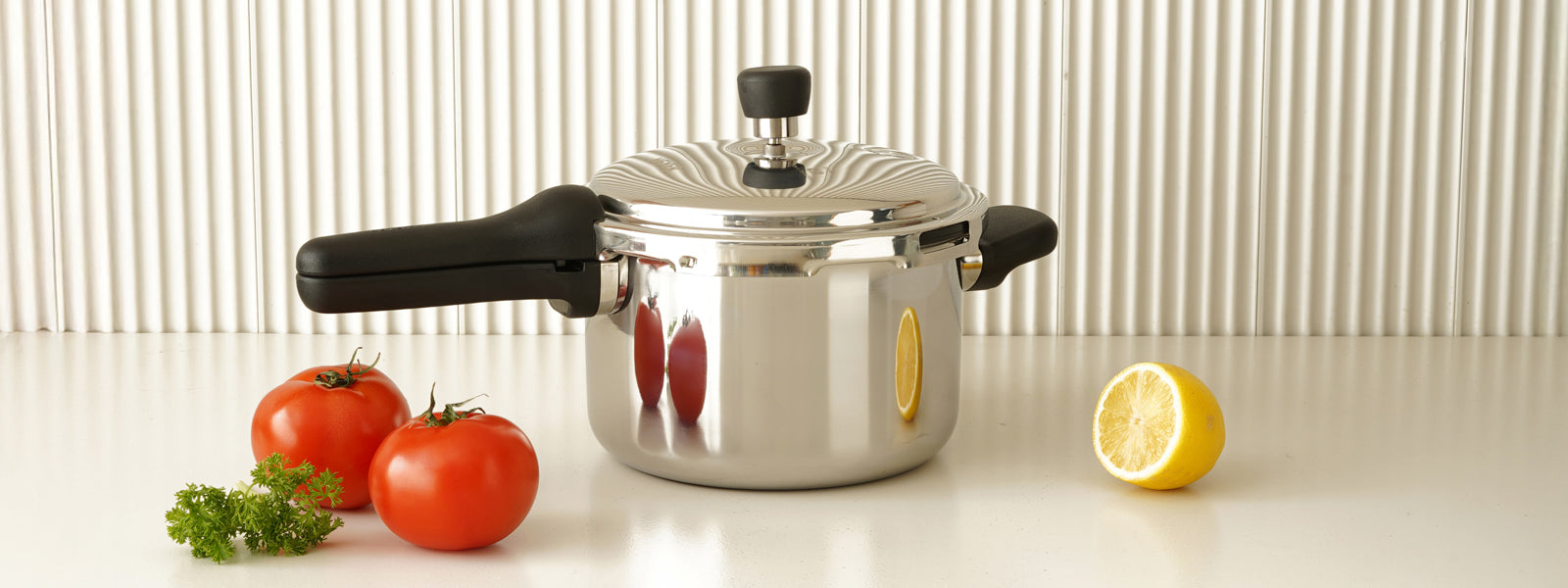
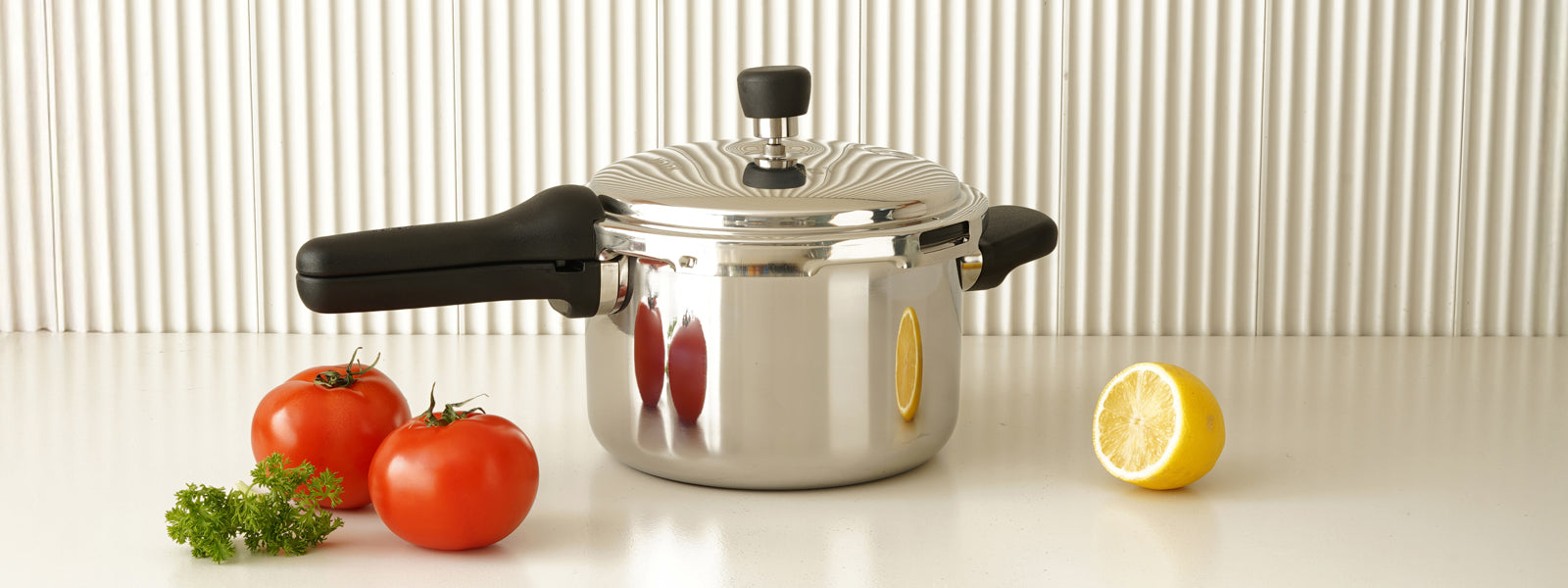
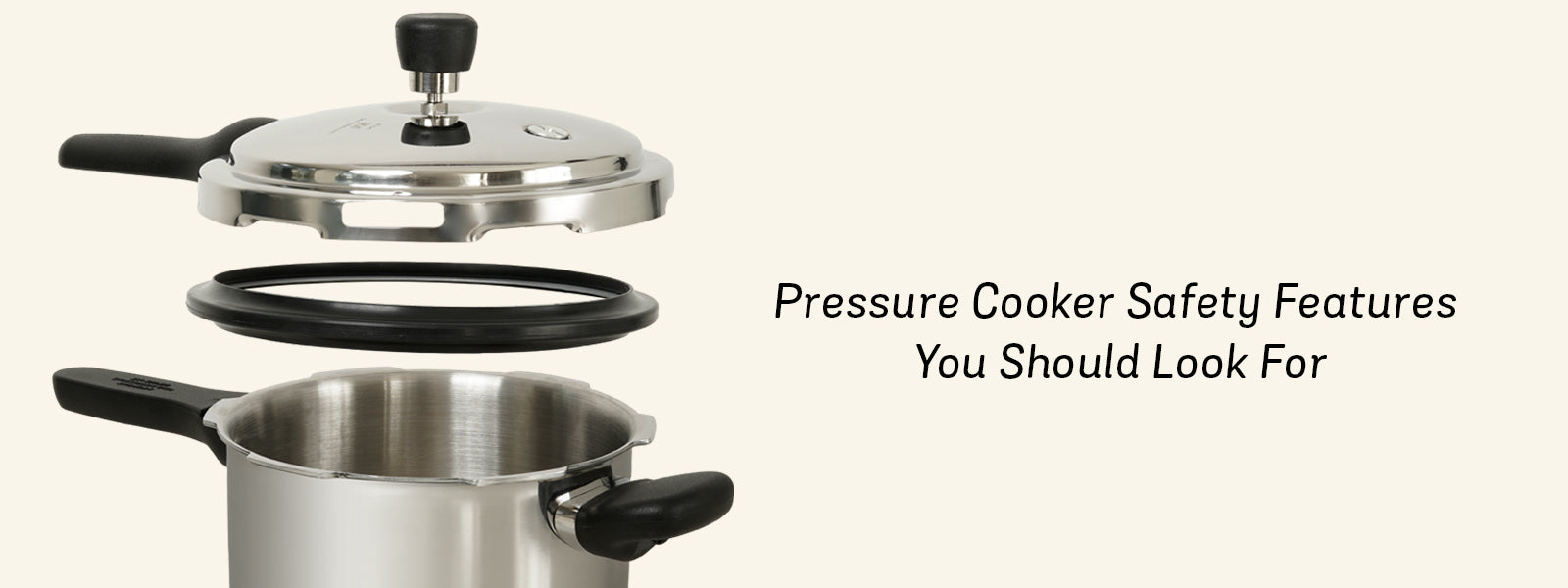
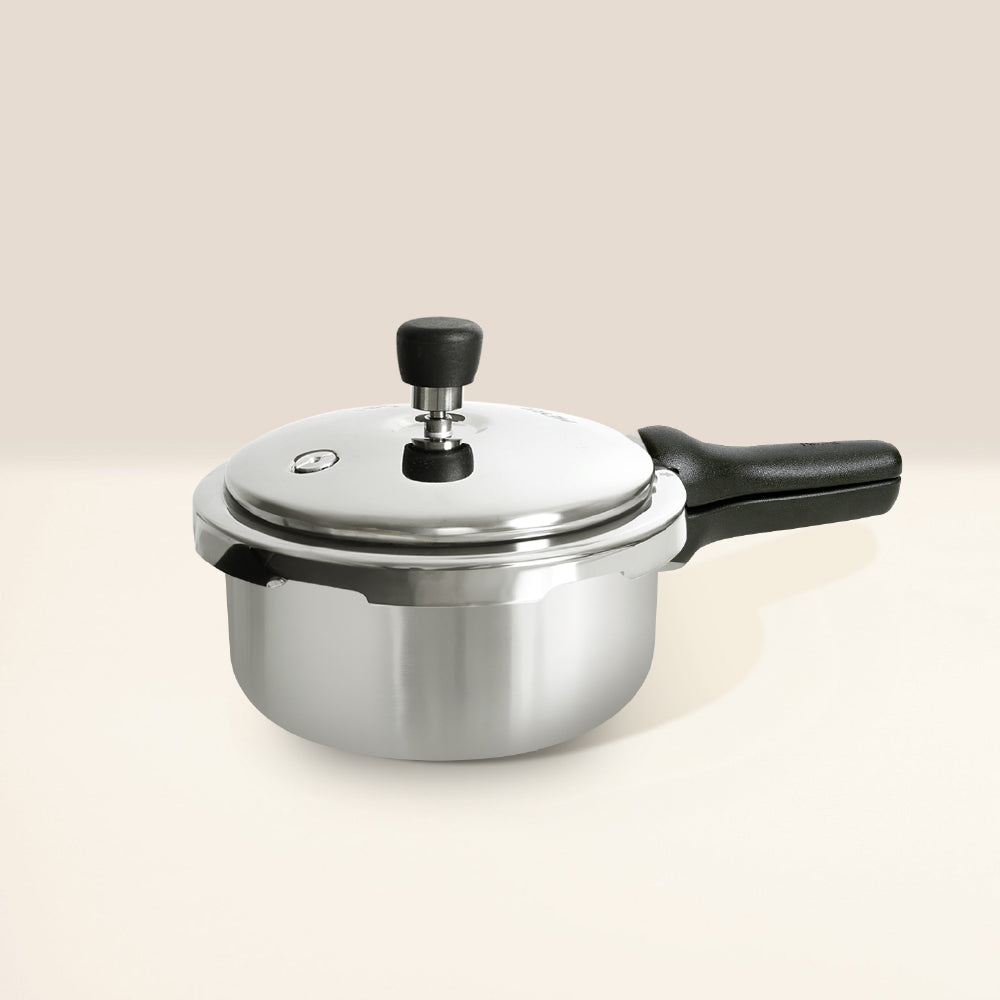
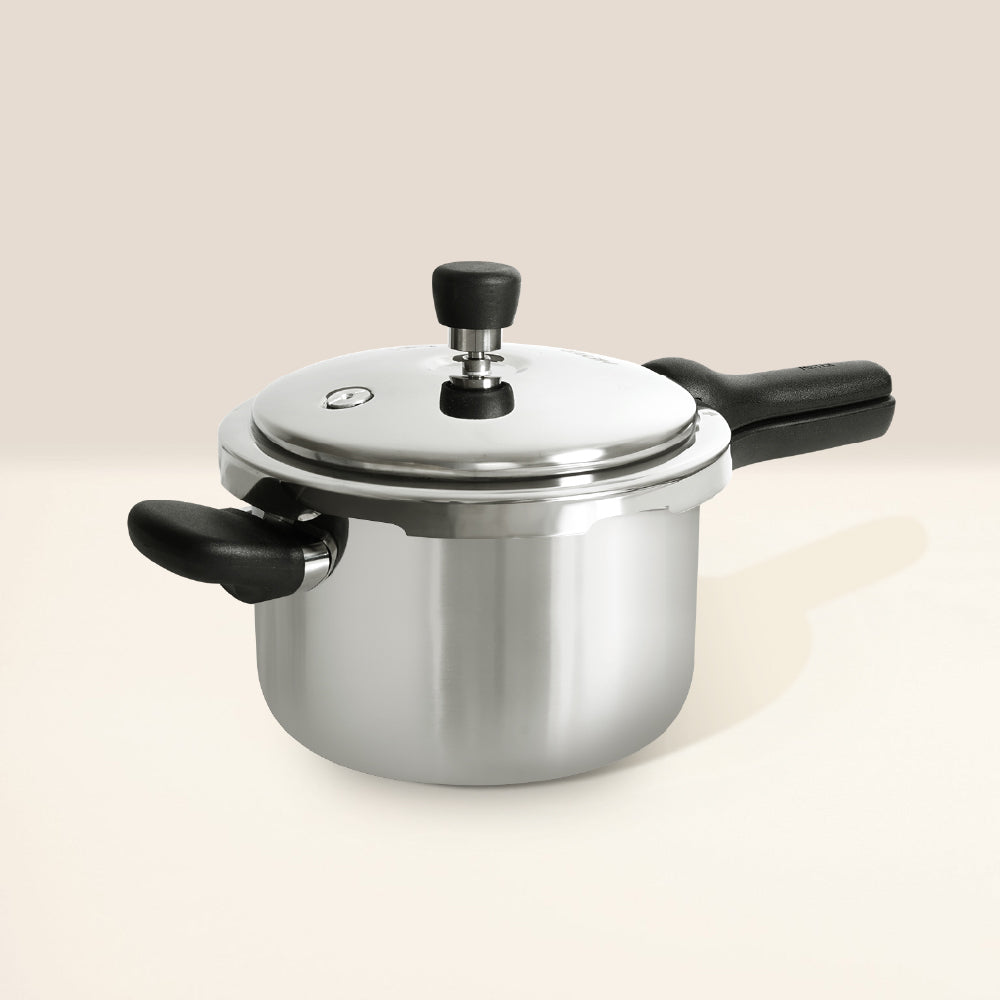




Leave a comment